Understanding dashboard warning lights in your Opel Mokka is essential for maintaining vehicle safety and preventing costly damage. These lights alert you to potential issues ranging from minor notifications to serious problems that could lead to breakdowns or accidents.
By recognizing and responding promptly, you can ensure your car runs smoothly and avoid roadside emergencies.
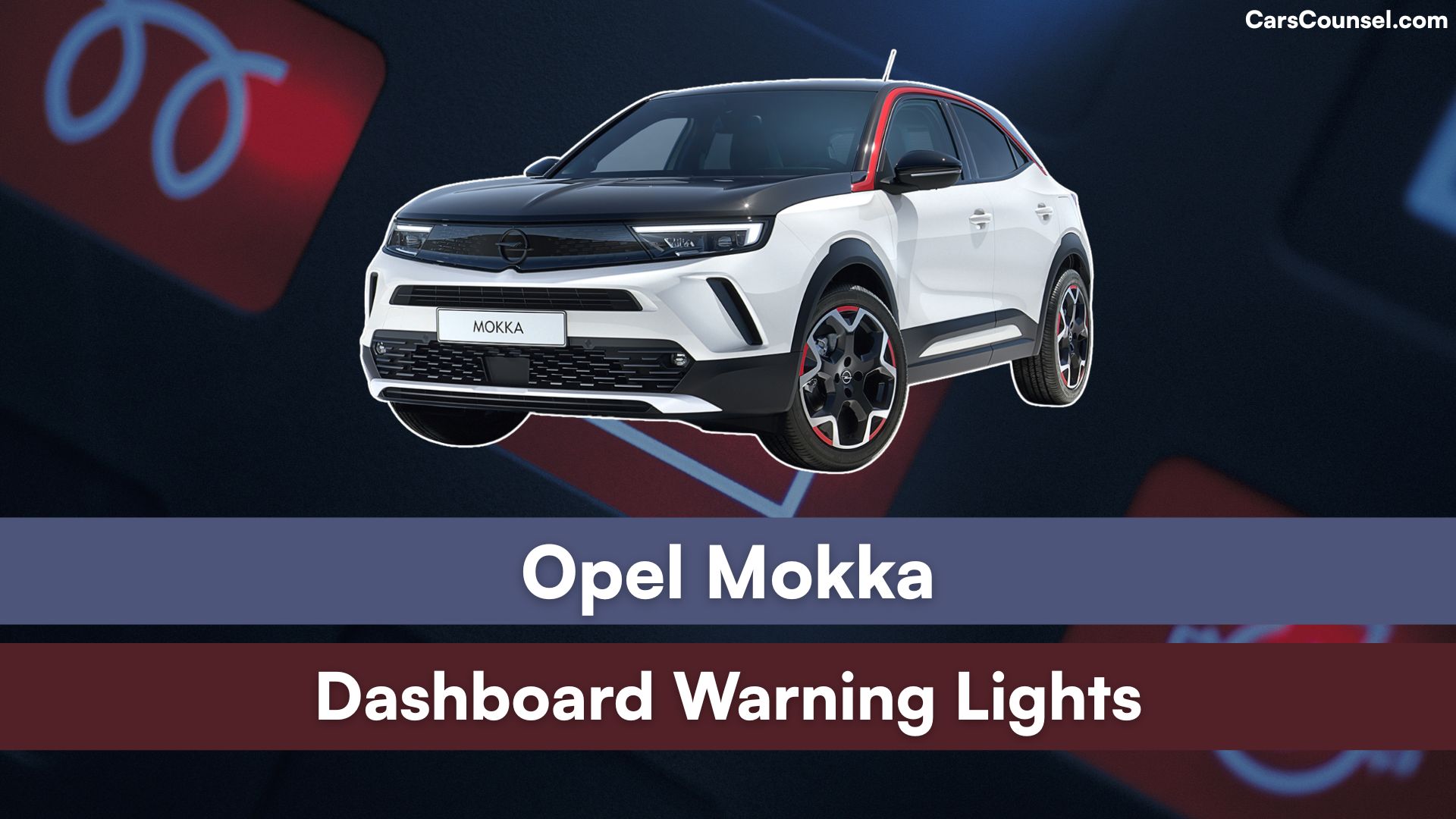
Quick Navigation
Red Warning Lights (Stop Immediately)
Engine Oil Pressure
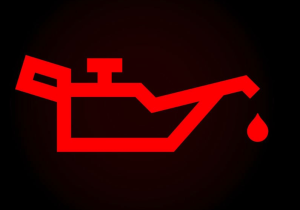
Low oil pressure can cause engine damage. It often means not enough oil or a pump issue. Stop the car right away, check oil level, and add if needed; do not drive until fixed.
Brake System Alert
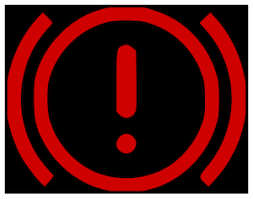
Indicates low brake fluid or a failure in the braking system. This could make stopping unsafe. Pull over safely, inspect fluid levels, and call a mechanic immediately.
Battery Charge Warning
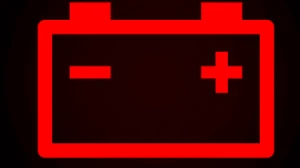
The battery is not charging properly, possibly due to a faulty alternator. Stop driving as the car may lose power. Check connections and seek professional help.
Coolant Temperature Warning
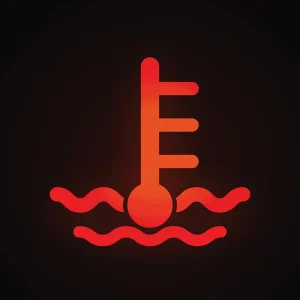
Engine is overheating, often from low coolant or a leak. Pull over, let it cool, check coolant level, and avoid driving if the light stays on.
Airbag System Fault

Airbags may not deploy in a crash due to a sensor or wiring problem. Stop and have it inspected at a service center to ensure safety.
Seatbelt Reminder
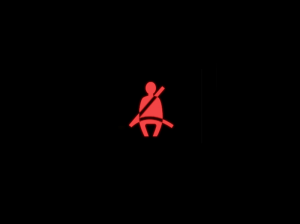
A seatbelt is not fastened, increasing injury risk in an accident. Stop and buckle up all passengers before continuing.
Power Steering Failure
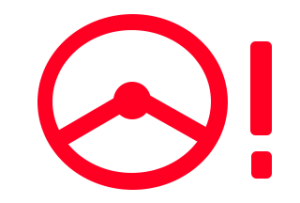
Steering assist is lost, making the wheel hard to turn. Pull over as handling becomes difficult; get it checked by a mechanic.
Door Ajar Warning
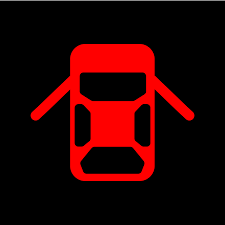
A door is not fully closed, which could open while driving. Stop, check all doors, and secure them properly.
Bonnet Open
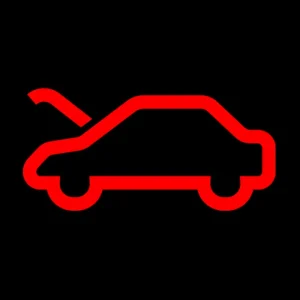
The hood is not latched, risking it flying open. Pull over, close it securely, and ensure the sensor resets.
Tailgate Open
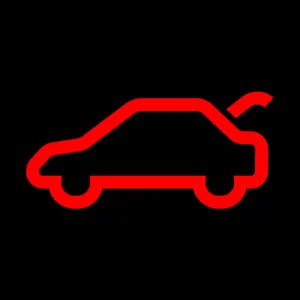
The rear hatch is ajar, potentially causing items to fall out. Stop immediately and close it firmly.
Low Brake Fluid
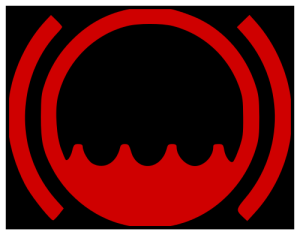
Brake fluid is too low, affecting stopping power. Park safely, top up fluid, and inspect for leaks.
ABS System Fault
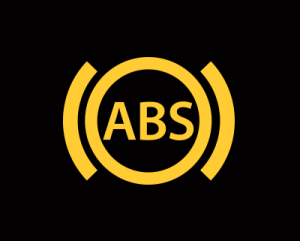
Anti-lock brakes are not working, leading to wheel lockup. Stop and visit a service center to restore safe braking.
Transmission Overheat
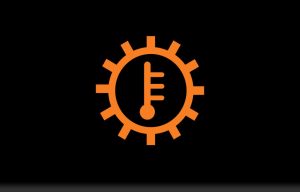
Transmission is too hot, possibly from heavy load or low fluid. Pull over to cool down and check fluid levels.
Stop Engine Warning
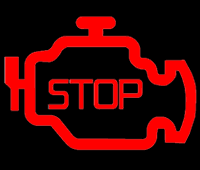
Critical engine issue detected, like severe malfunction. Stop the vehicle immediately and call for assistance.
Yellow/Amber Warning Lights (Action Required Soon)
Check Engine Light
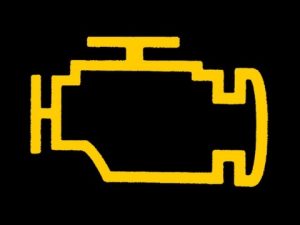
Engine or emissions system has a fault, such as a sensor issue. Drive carefully and visit a service center soon to diagnose.
Tyre Pressure Monitoring
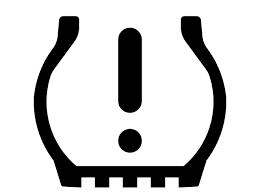
One or more tires have low pressure, affecting handling. Check and inflate tires to the recommended level promptly.
ESP Off
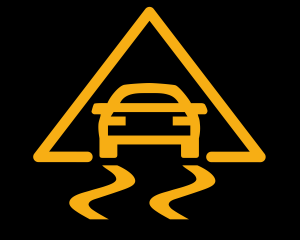
Electronic stability program is deactivated or faulty, reducing traction control. Reactivate if possible and get it checked.
Glow Plug Indicator

For diesel models, glow plugs are heating or there’s a fault. Wait for it to go off before starting; service if it persists.
DPF Full
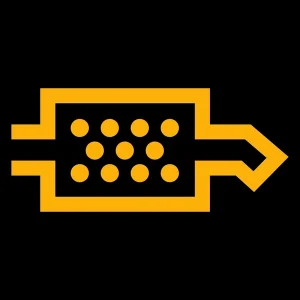
Diesel particulate filter is clogged with soot. Drive at higher speeds to regenerate it or visit a mechanic.
Brake Pad Wear

Brake pads are worn thin, reducing stopping efficiency. Schedule a replacement soon to maintain safety.
Fuel Level Low
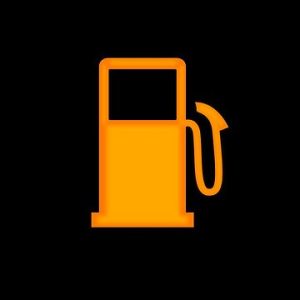
Fuel is running out, risking engine stall. Refuel as soon as possible to avoid being stranded.
Washer Fluid Low

Windshield washer fluid is low, impairing visibility. Refill the reservoir at your next stop.
Lane Departure Warning
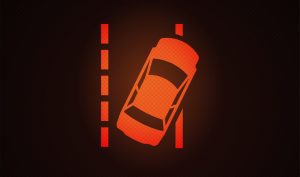
System detects drifting from lane; could be a fault. Check settings and service if it doesn’t reset.
Service Vehicle Soon
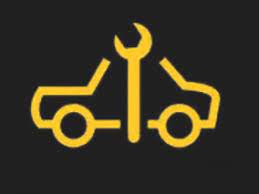
General maintenance or minor issue detected. Schedule a check-up to prevent bigger problems.
Transmission Fault
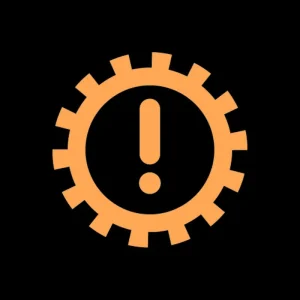
Gearbox issue, like slipping gears. Limit driving and get a diagnostic scan soon.
Eco Mode Inactive
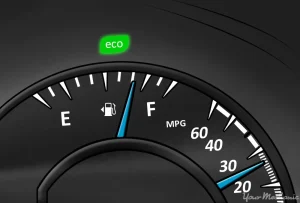
Fuel-saving mode is off due to a condition or fault. Check settings and reactivate for better efficiency.
Green Information Lights (Information Only)
Cruise Control Active
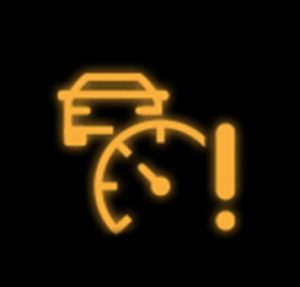
Cruise control is on and maintaining speed. No action needed; it’s just confirming the system is engaged.
Front Fog Lights On

Fog lights are activated for better visibility in poor weather. Turn off when not needed to save energy.
High Beam On

Headlights are on high beam setting. Adjust to low beam if oncoming traffic is present.
Sidelights Active

Parking or side lights are illuminated. This is normal when in use for low-light conditions.
Turn Signal Indicator
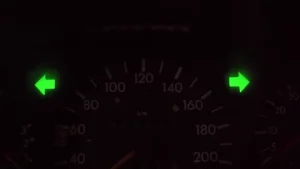
Blinking to show direction signal is active. It reminds you to turn it off after changing lanes.
Descent Control System Ready

System is prepared for downhill assistance. Activate when needed for controlled descent.
Automatic High Beam
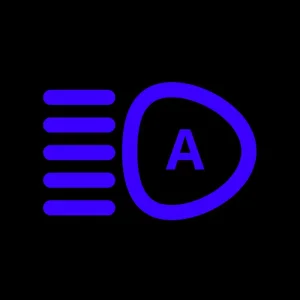
Lights are automatically switching to high beam. Monitor for proper function in traffic.
Fuel Economy Mode
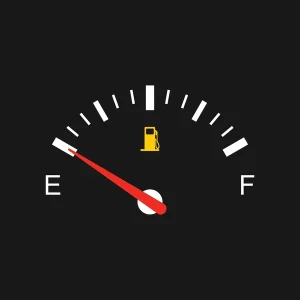
Indicates optimal driving for fuel savings. Continue efficient habits for best results.
Daytime Running Lights
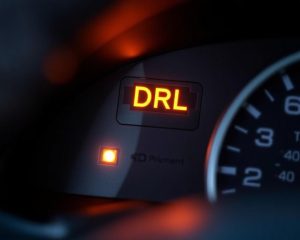
Lights are on for daytime visibility. This is standard and requires no intervention.
Upshift Recommended
Suggests shifting to a higher gear for efficiency. Follow to improve fuel use.
Vehicle Ahead Detected
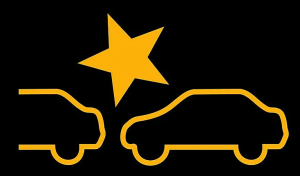
Adaptive system senses a car in front. It’s informational for safe following distance.
Automatic Restart Ready
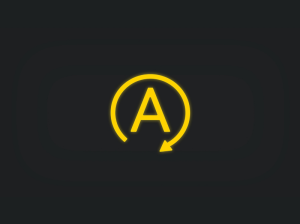
Stop-start system is prepared to restart engine. No action; it’s for fuel saving at stops.
When looking at Opel, make sure to check out our guides on models like the 1, 2, 3, and 4. Understanding dashboard warning lights is essential. Our expert reviews break down what each light means, highlighting common alerts for these models and what they could signal about underlying issues, so you’re never left guessing behind the wheel.

